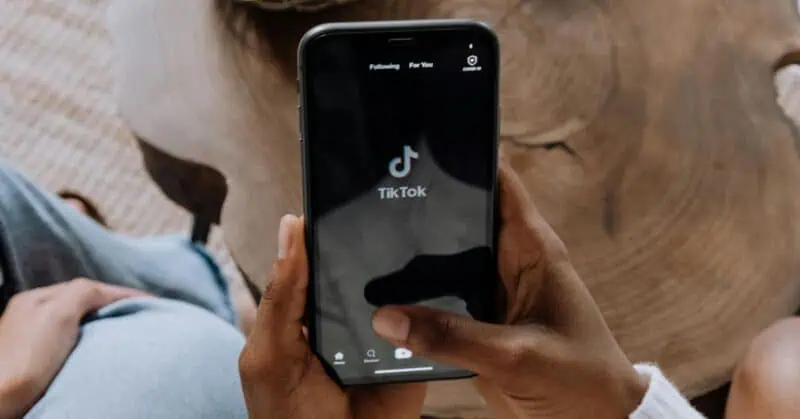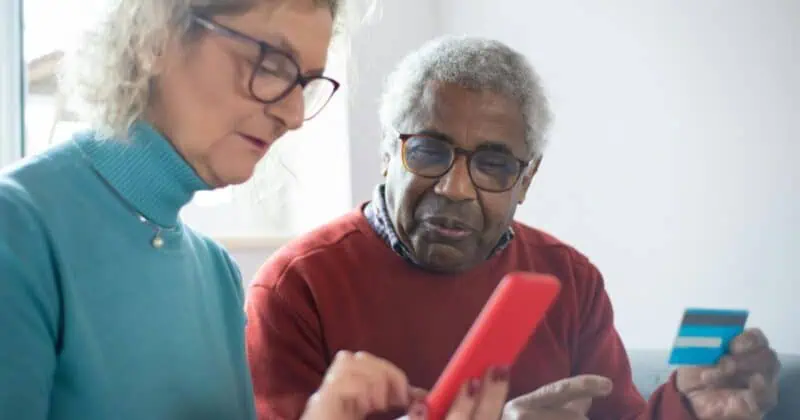Connectivity—the ability of different technology systems and distribution platforms—or rather the lack of connectivity, has long plagued the in-destination industry.
Many tour and activity operators around the world sell their products via multiple channels, which typically include a combination of direct bookings through their website, offline channels such as in-person travel agents or paper brochures, or through hundreds of digital distributors around the globe.
But it can be a headache to list products on various platforms and easily update them.
“The problem is that for every online travel agent (OTA) with an API (application programming interface), it means that every reservation platform and/or supply partner needs to make a custom connection,” explains Stephen Joyce, co-founder and CEO of Rezgo.
The new group, Open Connectivity for Tourism (OCTo), officially launching at Arival Berlin 2020 on 1 March 2020, aims to solve the connectivity challenges that hinder the process of listing and selling tours on online platforms. Spearheaded by Expedia Local Expert, founding members also include BeMyGuest, Checkfront, Peekpro, Redeam, Rezgo, Rezdy, Tiqets, Ventrata, Xola, and Zaui Software.
The call for a cohort was seeded nearly a year ago at Arival Berlin 2019, when industry leaders gathered to discuss persistent API issues at the Arival Connectivity Forum during the conference. OCTo plans to formally present the organization and specification at Arival Berlin 2020 on Tuesday, 3 March, during the Connectivity Forum, which will also include presentations by other connectivity initiatives in the industry.
OCTo describes itself as a “a community of companies in the in-destination activities electronic distribution supply chain who work together to develop and foster the use of electronic messages that allow suppliers and distributors to speak the same language.”
“Solving the connectivity problem has always been something we have been eager to address,” says Joyce.
“When asked by a longstanding partner like Expedia Local Expert, we were delighted to align behind a movement to standardize connectivity,” says Chris Atkin, CEO of Rezdy. “After all, the experiences sector, largely due to its innate complexity, is light-years behind other parts of the travel industry in terms of automation.”
Where Are the OTAs?
There is a glaring lack of major OTAs involved with this initiative. Tripadvisor and Booking.com—and their respective reservation systems Bokun and FareHarbor—are not listed, nor are the privately held GetYourGuide or Klook.
It is unclear why these OTAs, of which many operators globally rely on for business, are not members, or if they were invited. It’s also unclear whether they plan to participate in OCTo’s mission in the future.
Large OTAs may be reluctant to show their cards in an open forum, because many big players regard their connectivity capabilities as a competitive advantage.
“ has been active in inviting the other OTAs to participate, but wanted to have something to show first,” says Rezgo’s Joyce. “The goal was to quickly get a working version ‘one’ of the specification in place and start working with a smaller set of companies. This would prove the concept and hopefully drive adoption with the other OTAs.”
In many ways, creating API specifications—which are currently available to download on GitHub—was the easy part. The hard work will begin when companies start to try to implement the standard to fit their unique business models, as each business may have slightly different API requirements their developers have invested ample time and money to create. Plus, the timeline of these adoptions is murky.
One thing is for certain: any effort to advance technical connectivity in our industry is a step in the right direction.

















